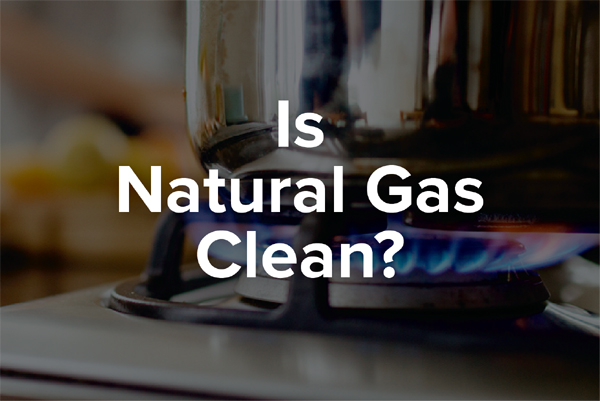- Regulator issues guidelines calling gas-fired combined cycles clean
- SENER adds roughly 7 GW of ‘clean’ energy using new guidelines

Skeaky Espejo, Platts S&P Global
MEXICO CITY
EnergiesNet.com 06 07 2023
Observers and market participants in Mexico are concerned about possible damage from recent changes to guidelines on how the country defines clean energy. The modified guidelines allow energy generated with natural gas to be considered clean and enable some of state utility CFE’s plants to compete for a market of certificates with private wind or solar plants.
Mexico’s Energy Regulatory Commission, the midstream regulator, issued new guidelines on what energy can be considered clean in order to allow the energy produced with steam from gas-fired combined cycle power plants to fit the description. Days later, the Energy Secretariat, or SENER, published its short-term planning document, known as PRODESEN. In it, SENER incorporated the new guidelines and added roughly 7 GW of “clean” energy generation without any new real capacity being added in Mexico.
Energy certificates
Although the modifications to the guidelines have been broadly seen as a way to meet the international commitments of generating at least 35% of its total energy matrix with renewable source, the changes allow combined cycle power plants to compete with solar and wind power plants for energy certificates that can be sold to companies to meet their decarbonization goals.
The certificates were introduced as a way to incentivize the construction of new clean energy generation capacity and therefore excluded all facilities built previous to their introduction in 2014.
Upon taking control of the government, the current administration looked to undo this regulation and tried to allow CFE to issue clean energy certificates with its hydropower plants and its nuclear plant, but the changes were blocked. These modifications are seen as a move in the same direction.
“The move undermines the nature of the certificates and hurts those who already issue them as it is impossible to determine their future price or the flows,” independent energy consultant Carlos Flores said.
International companies with global commitments will not be able to justify these new instruments, but there is a risk that some other companies could accept the new certificates to meet their local obligations, creating a parallel market, Flores said.
“This is clearly a way to benefit one company, and one company only: CFE,” said Alberto Campos, senior adviser at consultancy Edison Energy.
This reduces the incentives for private companies to invest in renewable energy plants as wind and solar plants will not only have to compete with each other, but also with combined cycles, Campos said.
“It’s just another reason for international companies not to consider Mexico,” Campos said.
Most observers told S&P Global they believe that just like all the modifications the country has seen in the five years of the current administration, these changes will end up in court and be suspended.
International commitments
The changes may end up in court, and the market for energy certificates may be unchanged, but some observers worry Mexico’s reputation may be at stake, as the country is using the metrics to claim the country is meeting its international commitments.
“Many people are angry and are already working to fight it in court” said Angie Soto, CEO of Nexus Energy, a power supplier for industrial users. The complaints will come from power generators and industry associations as well as environmental organizations like Greenpeace, Soto said.
“It is most worrisome that Mexico will meet its goals, with a lie, by cheating,” she said. “The question is: Will Mexico get away with it?”
spglobal.com 06 06 2023












